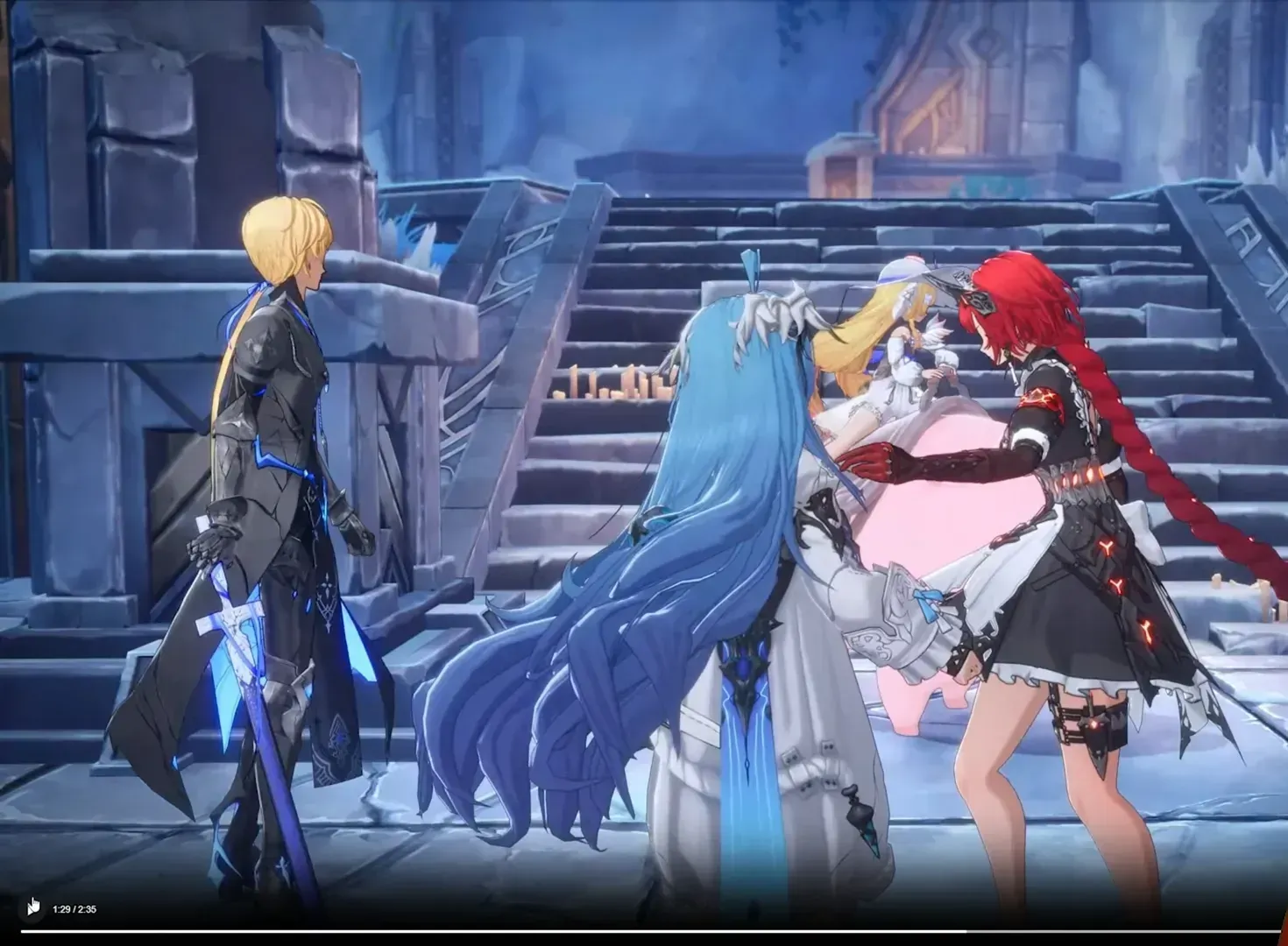Yes. Duet Night Abyss supports co‑op play, with multiplayer available in numerous dungeon activities. The design leans on a “light social” layer rather than fully shared progression or always‑on multiplayer, so you jump in together for runs instead of playing the entire game side by side.
Where co‑op is available (content scope)
The game enables co‑op in a broad set of dungeon content. That’s where you can reliably team up to clear encounters, chase drops, and split roles. Story progression and world exploration are still centered on solo play; co‑op isn’t positioned as a full campaign replacement. Marketing language has hinted at widespread mission support, but early hands‑on feedback paints a more modest picture: expect dungeon‑first co‑op with a narrower list of compatible activities at launch.

What co‑op feels like in early play
Think of co‑op as a fast, low‑friction way to run dungeons with friends rather than a deep, systemic multiplayer mode. Early tests frequently described the feature set as barebones: you can play together, stack crowd control and damage windows, and share the pace of a run, but don’t look for complex team synergies, elaborate role mechanics, or co‑op‑only objectives across the board. The combat is still the main draw; the social layer is intentionally light.
Party size, matchmaking, and invites
At minimum, two‑player co‑op is supported in dungeon content. Higher party sizes have been discussed by players, but official pages don’t lay out a single, definitive cap for every activity. The practical takeaway: you can form a party with friends for dungeon runs; details like public matchmaking queues or mode‑specific limits haven’t been comprehensively published.
Progression and farming with co‑op
There’s no stamina or energy system gating your playtime, so co‑op runs don’t consume a limited resource. That makes the mode well‑suited for farming: you can chain dungeon clears with friends without waiting for timers to refill. The loot model also includes steady‑progress mechanics that reduce pure RNG grind over time, which pairs naturally with repeatable co‑op sessions.
If you’re deciding based on co‑op alone, treat DNA’s multiplayer as a reliable way to clear dungeons with friends and farm together, not a game‑wide, every‑mission co‑op experience. The systems in place support frequent, low‑friction group runs; the rest of the campaign remains primarily solo‑forward.

